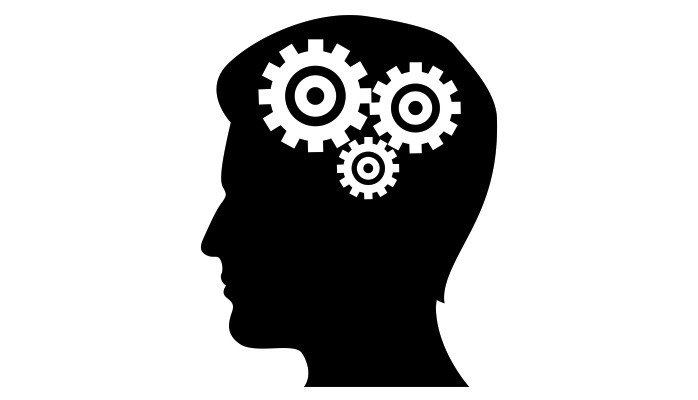When people call someone ‘indecisive,’ it’s often in a negative way, meaning they have a hard time making choices. However, we found that the cause of indecisiveness may not be negative factors such as a lack of decisiveness or judgment.

Zachary P. Kilpatrick and his team at the University of Colorado at Boulder developed a mathematical model to simulate the deliberation process of prejudiced people and found that prejudiced people make decisions faster, while non-prejudiced people make decisions slower. Some people who are described as indecisive are not simply lacking in decisiveness but rather take a long time to make decisions because they look at things objectively and without prejudice.
There are several types of indecisive people who are slow to make decisions. Some people lack confidence in their own judgment and put off making decisions altogether. Others may have the answer in mind but are unable to say it because they lack confidence. People who value or prioritize the opinions of others over their own tend not to express their opinions clearly and are seen as indecisive. One relatively common type of indecisive person is those who simply take a long time to come to an answer.
In their study, Kilpatrick and his colleagues focused on the mental process that takes people a long time to come up with an answer and developed a mathematical model to simulate that process. In this model, mathematical decision makers called “agents” represent us. The agent is given two options and is designed to gather information from the outside world, just like we do, and ultimately choose one of them. For example, an agent might choose between “having pizza” or “having Thai food” for dinner.
The researchers ran millions of simulations across thousands of agents in various scenarios and found that agents make decisions quickly when they have strong biases or preferences. Even if the decision was contrary to various available information, the agent discarded that information and made the decision. For example, if an agent prefers pizza, they will immediately choose pizza, even if a Thai restaurant has much better ratings and reviews. In contrast, low-biased agents often took a very long time to consider, and their initial preconceptions were thoroughly washed away by the deliberation process.
The results from this study make a lot of sense, giving us clear answers about how we make decisions in our heads. People who are naturally prejudiced tend to make decisions quickly without carefully considering a lot of information, whereas people with fewer prejudices take their time to consider a lot of information, which means they can end up mulling things over for quite a while. Open-minded people tend to make the best decisions, even if it takes longer.
The team explained that imagining a bucket of water can make this concept easier to grasp. When we consider something, we first gather information, and when we have gathered a certain amount of information, a decision is made. Visualize your decision-making as a bucket that’s being filled with water from the information you collect. If the bucket starts off half full, you’ll make decisions more easily. So what is this information that’s in the bucket in advance that can be used to make decisions? When you get down to it, it’s just about the prejudices we have and our preferences.
Naturally, an agent with strong biases will make quick decisions even with little information, but those decisions will be heavily influenced by the information or biases they had from the beginning. In contrast, an agent starting with only a few biases will take longer to make a decision as it considers all available information and tries to make the best decision given that information. The agent who was slowest to make a decision was similar to the completely impartial agent; both took their time to gather and consider information as if they were starting from scratch.
It is true that people who are quick to make decisions often give reasons for their decisions, such as intuition or experience indicating that something is better. While this may be effective in making quick judgments in some cases, if this were to happen in the case of human resources, it would be like saying based on intuition that this person is useless or that based on experience, people with this kind of background are useless, so it could certainly be said that this is judging things based on prejudice.
Considering this, as the mathematical model shows, judging impartially without bias and with zero information is more likely to result in the most beneficial decision, even if it takes time. Of course, since this study is a simulation using a mathematical model, there are factors that are not taken into account in the model. In reality, decisions are made based on a complex mix of factors, such as your psychological state at the time, the opinions of your boss or people you dislike, and so on.
While this study cannot fully explain the speed of decision-making, it does show that simply being slower at making decisions shouldn’t be seen as a disadvantage. When it comes to something as simple as “what to eat at a restaurant,” it’s okay to make a snap decision influenced by your preferences and prejudices. However, when it comes to major life decisions like which university to go to, which job to take, or who to hire, removing prejudice as much as possible will lead to better results.
You may usually be described as indecisive and slow to make decisions, but you may actually be making the best decisions with an unbiased eye.